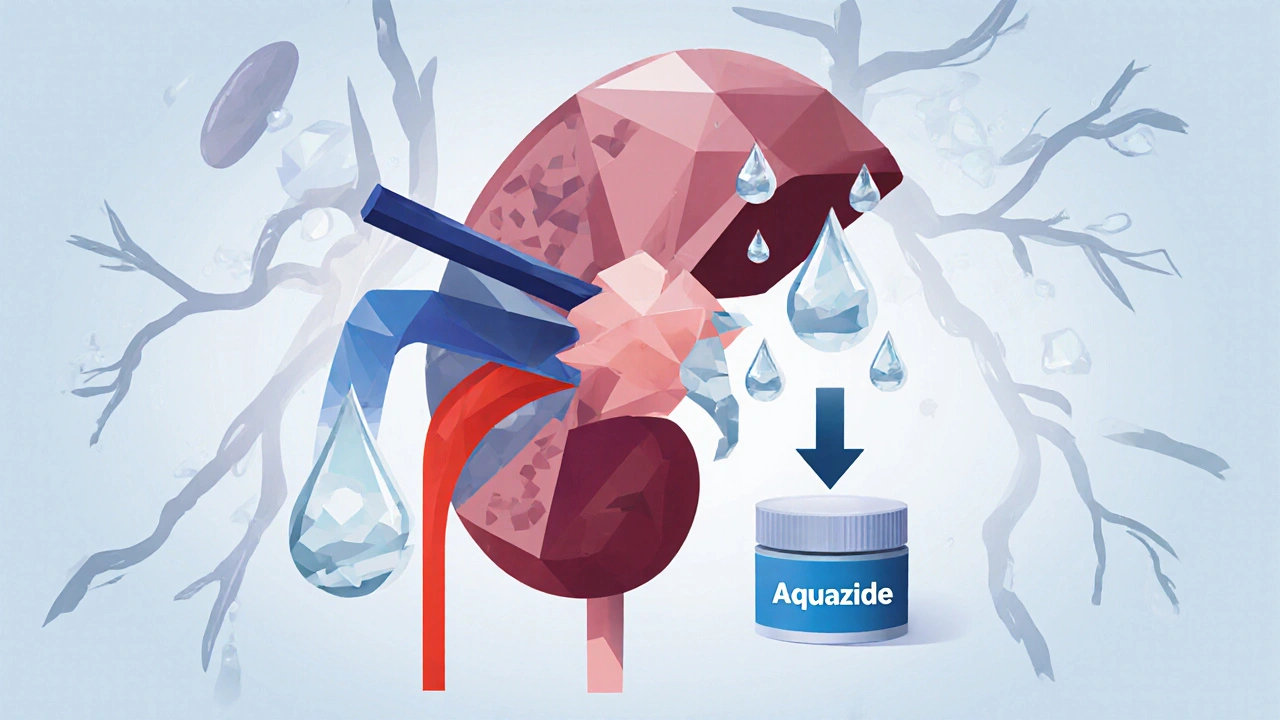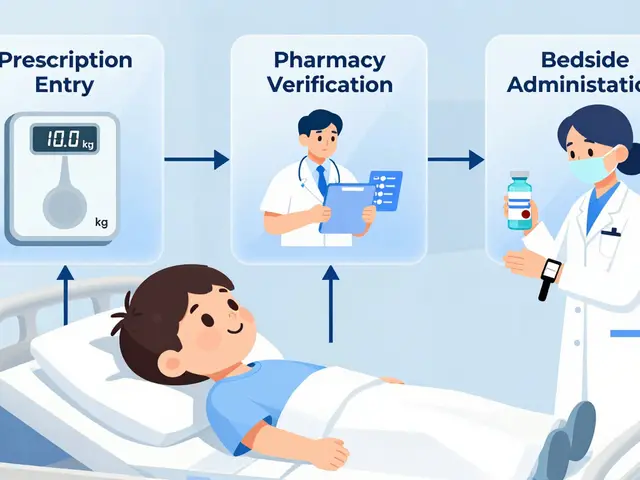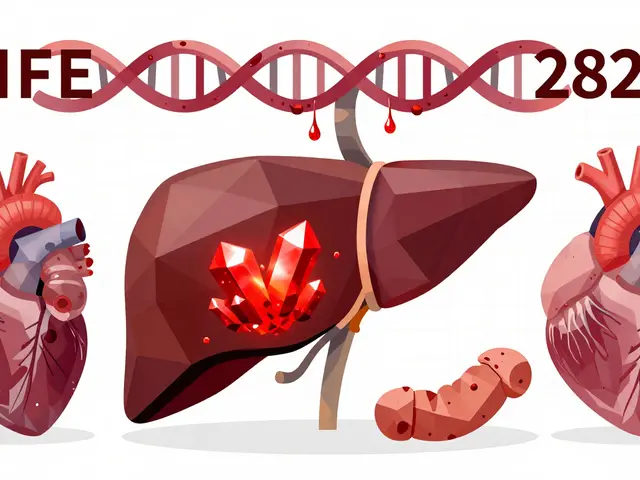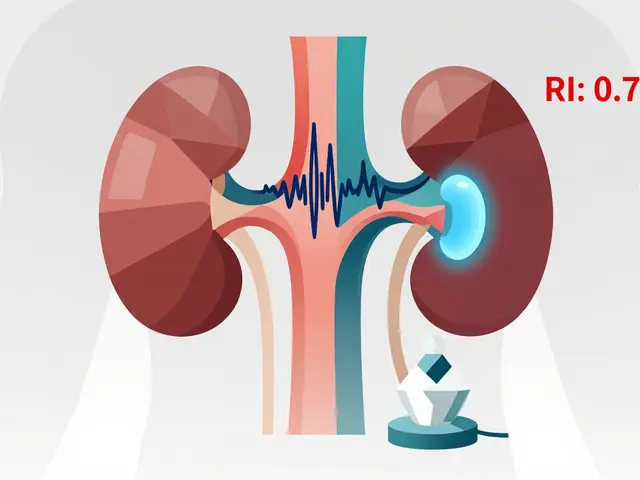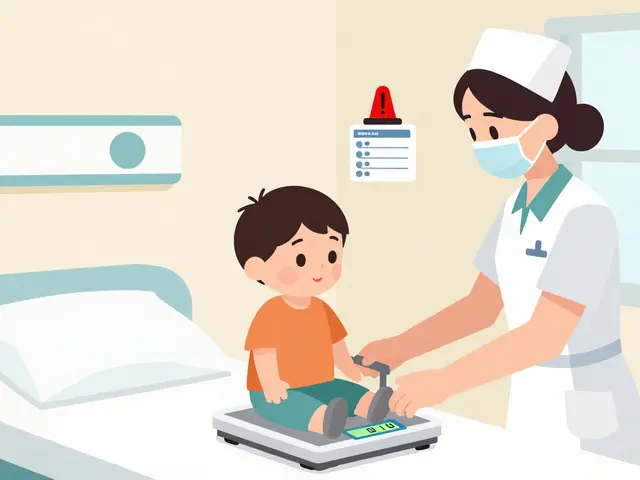Diuretics: What They Are, How They Work, and What You Need to Know
When your body holds onto too much fluid, it can cause swelling, high blood pressure, or make heart and kidney problems worse. That’s where diuretics, medications that help your kidneys remove extra water and salt from your body. Also known as water pills, they’re one of the most common treatments for conditions like high blood pressure, heart failure, and edema. Unlike painkillers or antibiotics, diuretics don’t fix the root cause—but they do take pressure off your system by reducing fluid buildup. If you’ve been told to take one, you’re not alone: millions use them every day, often alongside other meds.
There are different kinds of diuretics, and they work in different parts of your kidneys. Thiazides, like hydrochlorothiazide, are often the first choice for high blood pressure. Loop diuretics, such as furosemide, are stronger and used when you have serious swelling or heart issues. Potassium-sparing types, like spironolactone, help you keep important minerals your body needs. Each has pros and cons—side effects like dizziness, cramps, or needing to pee more often are common, but usually manageable. What’s interesting is that some of the posts here don’t just talk about the pills themselves. They look at how lifestyle choices—like diet, exercise, and stress—can reduce side effects or even lessen how much you need. Others compare diuretics to other meds used for similar issues, like blood pressure drugs or heart treatments, so you can see what fits best.
You’ll also find posts that connect diuretics to other health concerns. For example, if you’re dealing with overactive bladder or kidney-related fluid issues, diuretics might be part of your plan. But if you’re on other meds—like beta blockers for glaucoma or calcium channel blockers for blood pressure—there can be overlaps or interactions. That’s why understanding how diuretics fit into your overall treatment matters. Some people use them short-term after surgery; others take them for years. The key is knowing why you’re on them, what to watch for, and how to talk to your doctor about adjustments.
Below, you’ll find real, practical guides on how diuretics work with other treatments, how to manage side effects, and how to make smart choices when comparing options. Whether you’re new to these meds or have been taking them for a while, the posts here give you the clear, no-fluff info you need to feel in control of your health.
Aquazide (hydrochlorothiazide) is a common blood pressure pill, but many people switch due to side effects or poor control. Compare it to chlorthalidone, indapamide, ARBs, and combo pills to find a better fit for your health needs.
Continue reading...

